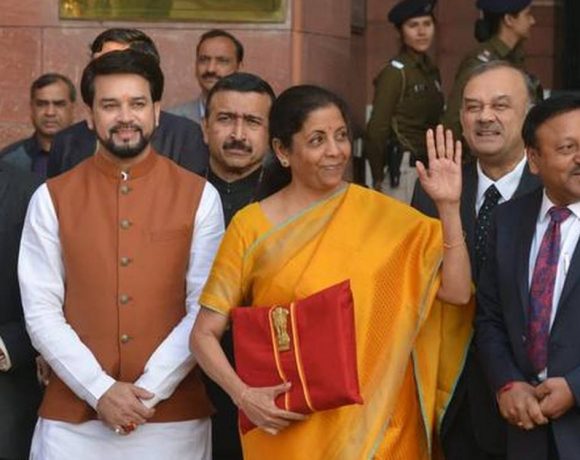

The global development agenda should seek not only to address and monitor the elimination of specific gender gaps, but also to transform the structural factors that underpin the widespread persistence of gender inequalities, gender based violence, discrimination and unequal development progress between women and men, girls and boys. The empowerment of women and girls and the protection of their rights should be centerpieces of the agenda
Businesses across the globe are nurtured and supported through complex interwoven structures reflected in laws and policies, cultural and societal norms and education and training systems. Men and women, however, are not on an even footing within these structures. For this to change women need equal access to credit to invest and expand their business ventures, equal access to markets to sell and develop their products, and equal opportunities to acquire skills, knowledge and technology. Ultimately, by treating women equally to men as potential entrepreneurs, they would be in a better position to contribute to economic growth and development.
There is increasing recognition that women entrepreneurs are the new engines for inclusive and sustainable industrial growth, and are the rising stars of economies in developing countries. Ironically, women entrepreneurs still struggle to take their rightful place in economic life. Even though more and more women are starting businesses globally, they still manage fewer businesses than men, and run businesses that are in less profitable sectors, that grow more slowly and are ultimately more likely to fail.These gender gaps impose real costs on society. When women do not participate equally in entrepreneurship, economies lose the benefits that would otherwise be provided by new products and services, additional revenues and new jobs; economies also lose out due to the long-term negative effects on workforce skills and education occurring when half of the potential pool of labour is not developed. The clear consequences of women’s economic marginalization further emphasise the pressing need for gender equality and the economic empowerment of women.
With the world economy still struggling to recover from the economic shocks of the past few years, momentum is growing for a new industrial revolution that is both sustainable and inclusive. This means supporting growth within the constraints of the planet’s limited resources and putting people at the heart of development. Central to inclusive and sustainable industrial development is the urgent need to harness the economic potential of women – half of the world’s population. It is estimated that by 2020, 870 million women who have been living or contributing at a subsistence level will enter the economic mainstream for the first time as producers, consumers, employees and entrepreneurs. i The economic impact is expected to be staggering, with profound effects on global development as a whole. It is becoming increasingly clear that women are, and will continue to be, powerful drivers of development. When men and women become more equal, economies grow faster, fewer people remain in poverty, and overall well-being increases. Studies have reported that raising female employment to male levels can have a direct impact on GDP growth rates, increasing it by as much as 34% in some countries,ii and that countries’ productivity can increase by as much as 25 % if discriminatory barriers against women are removed. iii Yet the impact of women’s economic empowerment goes beyond this. Research has shown that women are more likely than men to invest a large proportion of their household income in the education and well-being of their children. When women are empowered to make an income, accumulate assets and increase their economic security, they improve industrial capacity and spur economic growth by creating new jobs, as well as expanding the pool of human resources and talents available in a country. iv At the same time, women tend to have a smaller ecological footprint than men. Their production and consumption patterns are often more resource-efficient, they are more likely to recycle and they make more sustainable decisions for their households and businesses. Therefore, their increased role in economic decision-making has positive effects on sustainable economic development.



















